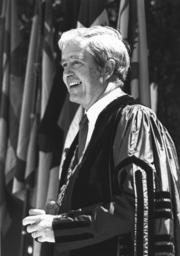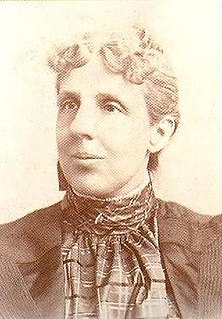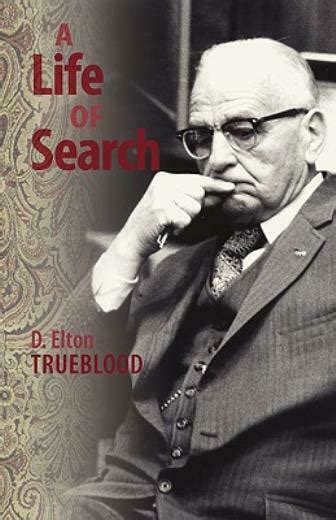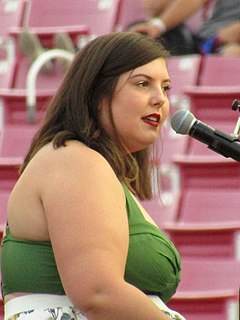A Quote by Lascelles Abercrombie
No poet will ever take the written word as a substitute for the spoken word; he knows that it is on the spoken word, and the spoken word only, that his art is founded.
Related Quotes
If the lost word is lost, if the spent word is spent If the unheard, unspoken Word is unspoken, unheard; Still is the spoken word, the Word unheard, The Word without a word, the Word within The world and for the world; And the light shone in the darkness and Against the Word the unstilled world still whirled About the center of the silent Word. Oh my people, what have I done unto thee. Where shall the word be found, where shall the word Resound? Not here, there is not enough silence
I think you can perform any poem. But what I believe is that the best examples of spoken word poetry I've ever seen, are spoken word poems that, when you see them, you're aware of the fact they need to be performed. That there's something about that poem that you would not be able to understand if you were just reading it on a piece of paper.
We are in love with the word. We are proud of it. The word precedes the formation of the state. The word comes to us from every avatar of early human existence. As writers, we are obliged more than others to keep our lives attached to the primitive power of the word. From India, out of the Vedas, we still hear: On the spoken word, all the gods depend, all beasts and men; in the world live all creatures...The word is the name of the divine world.
My first spoken word poem, packed with all the wisdom of a 14-year-old, was about the injustice of being seen as unfeminine. The poem was very indignant, and mainly exaggerated, but the only spoken word poetry that I had seen up until that point was mainly indignant, so I thought that that's what was expected of me.
Since the beginning of establishment, poets and spoken word artists have always been both vocal supporters and critics of government. And in this age of Trump as President, alternative facts, falsehoods becoming truth at the send of a tweet, it's vital that spoken word poetry does its job helping to keep folks 'woke' and not numb or shut down.
Deep into that darkness peering, long I stood there wondering, fearing, Doubting, dreaming dreams no mortals ever dared to dream before; But the silence was unbroken, and the stillness gave no token, And the only word there spoken was the whispered word, "Lenore?" This I whispered, and an echo murmured back the word, "Lenore!" — Merely this, and nothing more





































